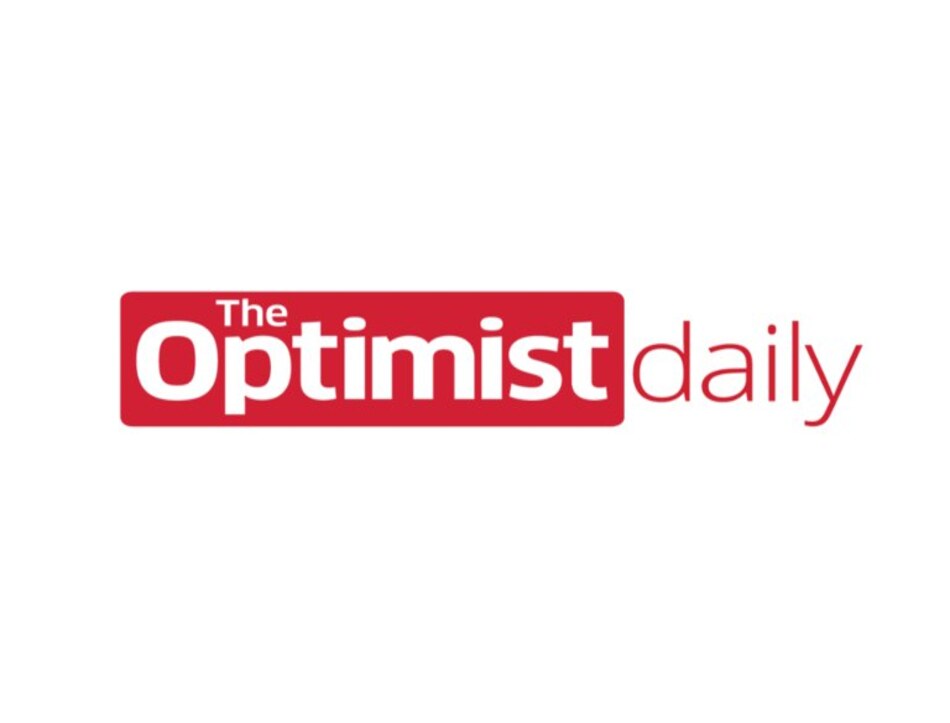Before the pandemic hit in early March of 2020, you would have found refugee children living in Rohingya, the largest refugee camp in recorded history, laughing, jumping, and playing in a BRAC Humanitarian Play Lab (HPL), a colorful and welcoming structure, its floors padded with embroidered mats and decorated with children’s paintings strung up on the walls. Since the health crisis, however, the HPL has been left unused and silent.
Erum Mariam, the executive director of the BRAC Institute of Educational Development in Bangladesh, said that the team “had created a curriculum for the children based on research [they] began almost as soon as the refugees started coming in 2017.”
To create an oasis for these children who have been ripped out of their homes, researchers “asked the children what they used to play in Myanmar. They had a lot of balance and coordination games, local rhymes called kabbya, and a love for flower motifs. All of these found their way into the play lab provision.”
Pre-covid, the HPL functioned as a multi-purpose support system for refugee families. For parents, the HPLs provided time for much-needed rest, and the children benefited from being in a space where they were free to express themselves and have playful interactions—especially important for children who have lived through traumatic experiences.
“Play helps children better manage trauma,” says Mariam, “especially when they have experienced crisis, violence, and poverty.” Now, with Covid adding an extra layer of stress on refugee families, play is more important than ever—but with the HPLs unable to function as it once did, the BRAC Institute had to come up with a creative solution that would support parents while encouraging play between them and their children.
The result is a weekly mobile phone consultation with families that they call Pashe Achhi, which translates to “beside you.” The calls, which have a component for psychosocial support and another on play-based learning, are made by 1,250 play leaders specifically trained by the BRAC Institute.
“We would check in with the caregiver, ask them how they were doing, give them space to voice their worries and concerns, and then we would sing kabbya with them and their children. We would also encourage some physical play,” Mariam explains.
These calls have the additional benefit of allowing the BRAC to identify the needs of the community and suggest counseling services if they think it necessary.
Early childhood development specialist Nada Elattar says that play is “arguable the most important during stressful times or times when children may be exposed to adversity… leading to emotional distress.” Feeling joy and interacting socially makes children feel engaged in meaningful experiences, and this “can help them handle the impacts of stressful situations, while also supporting their overall wellbeing and development.”
Syrian refugees in Jordan are not in a camp setting, making them more difficult to reach. So to address the educational and emotional needs of refugee children, the NGO Sesame Workshop introduced a show, which is aired throughout the Arab region, that features two Syrian refugee puppets that help children understand their emotions.
The puppets were designed to speak and look like the children in the camp, and cover topics like early literacy and numbers on top of helping them process their feelings.












